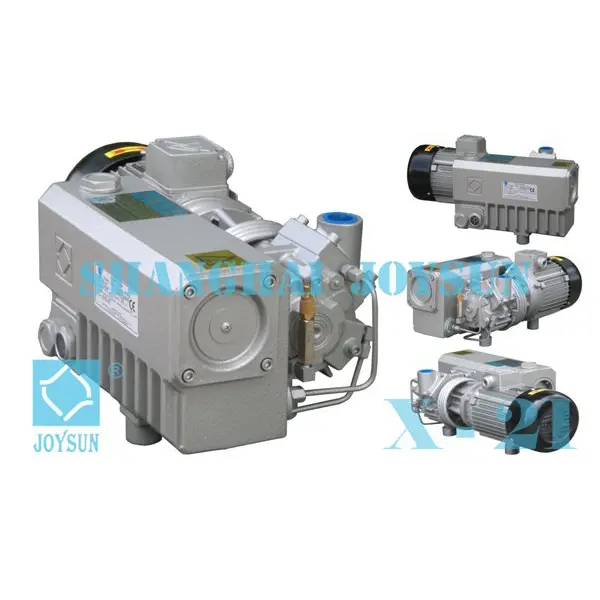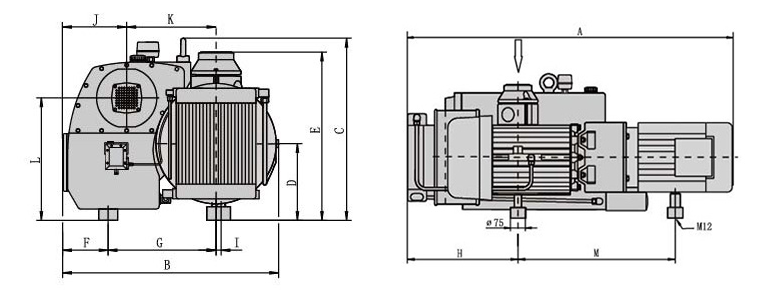Vacuum pumps are indispensable tools across various industries, playing a crucial role in processes that require the removal of gases or air from a sealed environment. By creating a vacuum, these pumps enable a multitude of applications, from manufacturing to scientific research.

What Is a Vacuum Pump?
A vacuum pump is a mechanical device designed to remove gas molecules from a sealed volume, thereby creating a partial or complete vacuum. This process is essential in numerous industrial and scientific applications where the presence of air or other gases can hinder operations or product quality.
Vacuum pumps operate by reducing the pressure within a confined space, allowing for processes such as degassing, drying, and material handling to occur more efficiently. They are categorized based on their operating principles, including positive displacement, momentum transfer, and entrapment pumps.

Applications of Vacuum Pumps
Vacuum pumps are utilized in a wide array of industries due to their ability to create controlled environments. Some notable applications include:
Medical and Laboratory Settings: Vacuum pumps are essential in processes like filtration, degassing, and freeze-drying. They are also used in equipment such as autoclaves and suction devices.
Semiconductor Manufacturing: In the production of semiconductors, vacuum pumps maintain clean and controlled environments necessary for processes like ion implantation and chemical vapor deposition.
Food and Beverage Industry: Vacuum pumps assist in packaging, freeze-drying, and degassing liquids to enhance shelf life and product quality.
Automotive Industry: They are used in brake systems and for engine testing, where controlled environments are crucial.
HVAC Systems: Vacuum pumps evacuate air and moisture from refrigeration systems before charging with refrigerant, ensuring optimal performance.
Difference Between Suction Pumps and Vacuum Pumps
While both suction and vacuum pumps are designed to move fluids or gases, they operate on different principles and are suited for distinct applications.
Suction Pumps: These pumps create a partial vacuum to draw liquids into a chamber, commonly used in applications like water wells or drainage systems.
Vacuum Pumps: Designed to remove gas molecules from a sealed volume to create a high or ultra-high vacuum, vacuum pumps are essential in scientific, industrial, and laboratory settings.
The key differences lie in their operating mechanisms, pressure ranges, and specific use cases. While suction pumps are ideal for moving liquids, vacuum pumps excel in creating and maintaining vacuums for processes like filtration, degassing, or freeze-drying.
Vacuum pumps are vital components in numerous industries, enabling processes that require controlled environments free from air and other gases. Understanding their functions and applications helps in selecting the right pump for specific needs. JOYSUN's range of vacuum pumps, including the X-630 and X-21 models, offer reliable and efficient solutions for diverse applications.
Post time: May-22-2025
